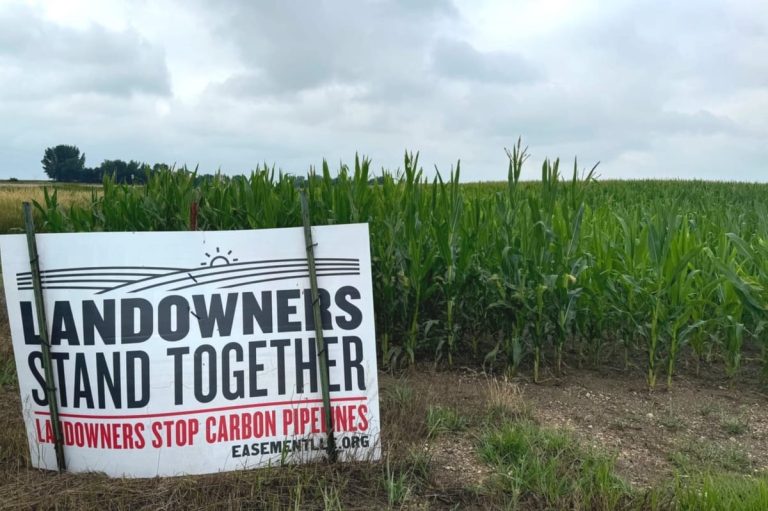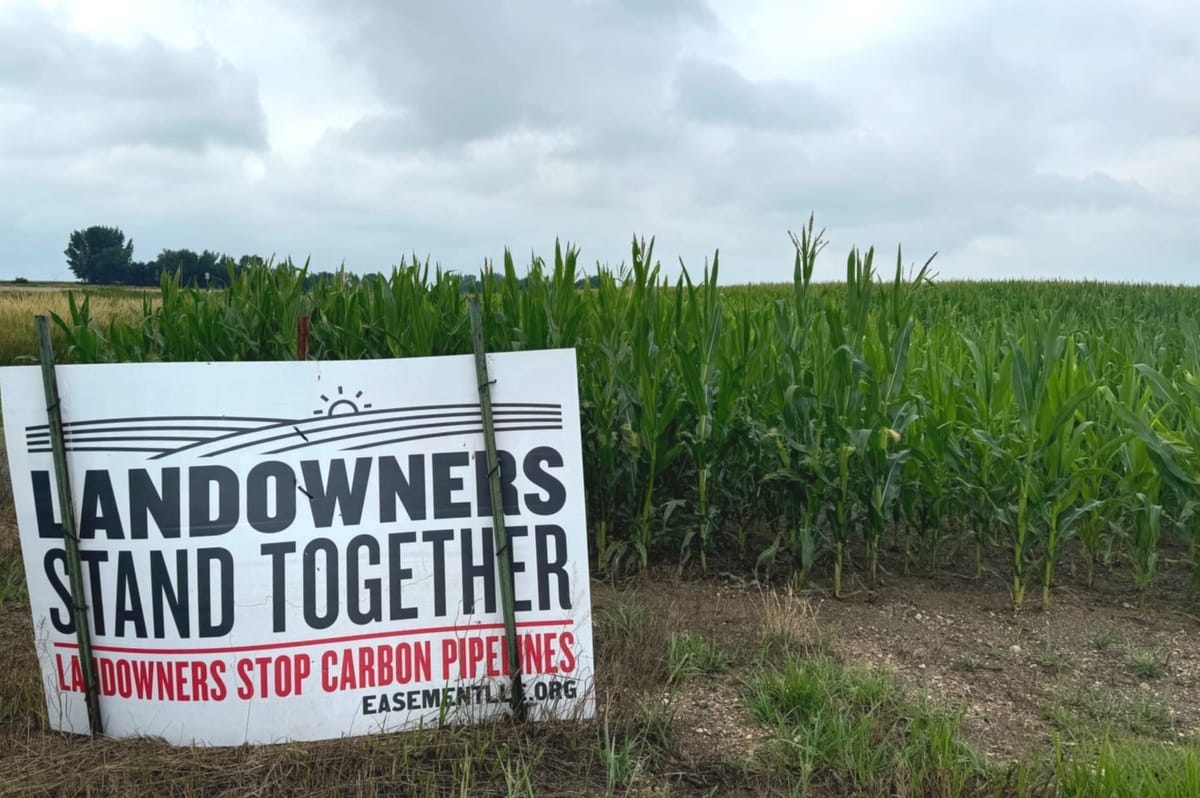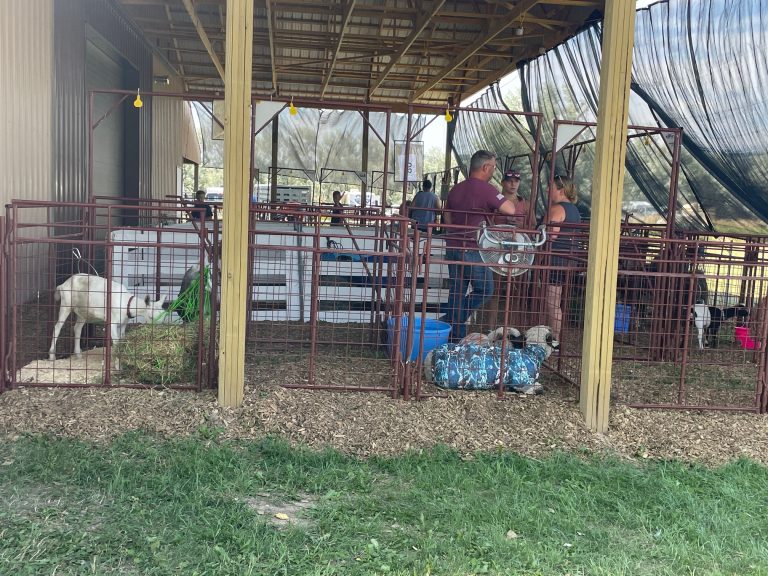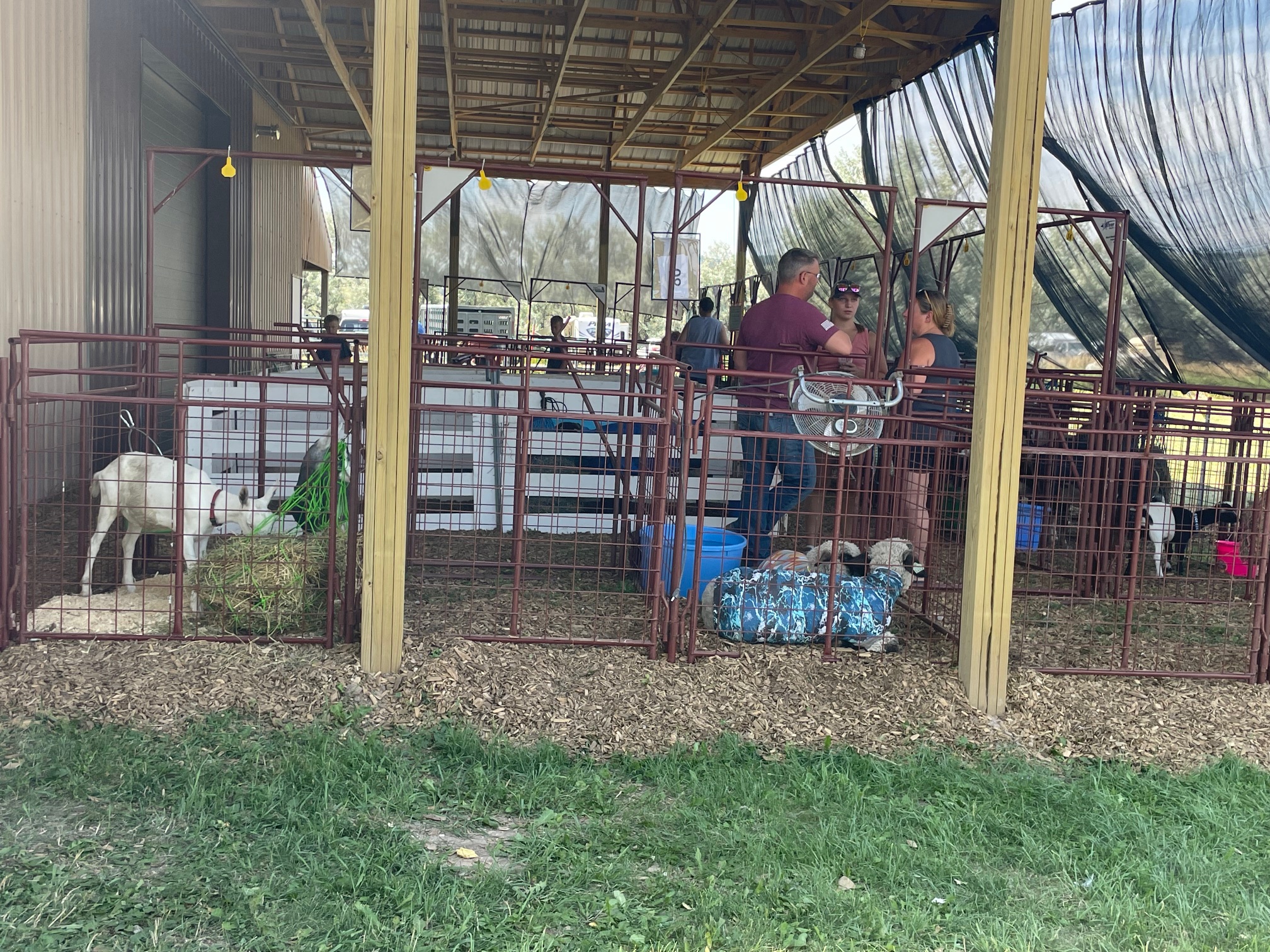WASHINGTON, D.C. – In a much-awaited decision from the US Supreme Court, the nation’s highest legal body has ruled in favor of landowners and ag groups to overturn a lower courts decision that upheld the Environmental Protection Agency’s (EPA) determination of Waters of the U.S. (WOTUS).
The justices in a 9-0 decision overturned a lower court’s ruling against a couple, Chantell and Mike Sackett, that had upheld the EPA’s determination that their property near a lake contained wetlands protected by the Clean Water Act of 1972.
Mary Thomas Hart is the chief counsel for the National Cattlemen’s Beef Association (NCBA) . She told Brownfield Ag News, “Today feels like a massive exhale not only at NCBA, but I think the agricultural industry more broadly,” she says.
She said the ag industry has been pushing back on the regulatory overreach since the finalization of the 2015 Waters of the US rule. “And not pushing for these features to be subject to less oversight or less jurisdiction,” she says. “But really pushing to draw an appropriate line between federal and state control.”
Legal commentary on the ruling noted it’s important to consider the Supreme Court’s rejection of the significant nexus test, an analysis used to determine whether certain water is subject to the Clean Water Act. And the remand means the SCOTUS opinion will go back to the lower court to determine whether the wetlands are jurisdictional and fines are valid.
The case decided on Thursday stemmed from the Sacketts’ purchase in 2004 of an undeveloped plot of land about 300 feet (90 meters) from Priest Lake, one of the largest lakes in Idaho, near the U.S.-Canada border.
In 2007, the couple began preparing construction of a home on it. But after placing sand and gravel fill on the lot, the EPA issued an administrative compliance order stating the property contained wetlands protected by the Clean Water Act and that they needed a permit to build, which they had failed to obtain.
South Dakota Attorney General Marty Jackley praised Thursday’s U.S. Supreme Court decision that limits the federal Government’s authority regarding the Clean Water Act. South Dakota was part of the lawsuit, Sackett v. Environmental Protection Agency (EPA), that led to the court’s ruling.
“This is a good decision allowing states to determine how to manage their waterways,” said Attorney General Jackley. “This is a states’ rights issue.”
South Dakota was one of 24 states that filed the lawsuit against the Biden Administration’s “Water of the United States” rules. In their lawsuit, the states contend that the proposed rule would redefine “navigable waters” to include ponds, certain streams, ditches, and other bodies of water that would be placed under the Clean Water Act as defined by the EPA and the U.S. Army Corps of Engineers
American Farm Bureau Federation President Zippy Duvall says the EPA clearly overstepped its authority under the Clean Water Act. He says the justices respect private property rights. “It’s now time for the Biden administration to do the same and rewrite its WOTUS rule,” Duvall says. “Farmers and ranchers share the goal of protecting the resources they’re entrusted with, but they deserve a rule that provides clarity and doesn’t require a team of attorneys to properly care for their land.”
In a statement, EPA Administrator Michael Regan said he’s disappointed in the Supreme Court’s decision, saying it “erodes longstanding clean water protections”. He says the administration worked to establish a durable definition of a “waters of the United States” that safeguards the nation’s waters, strengthens economic opportunity, and protects people’s health while providing clarity and certainty that farmers, ranchers, and landowners deserve.
The U.S. Supreme Court ruling can be found here: https://www.supremecourt.gov/opinions/22pdf/21-454_4g15.pdf.












